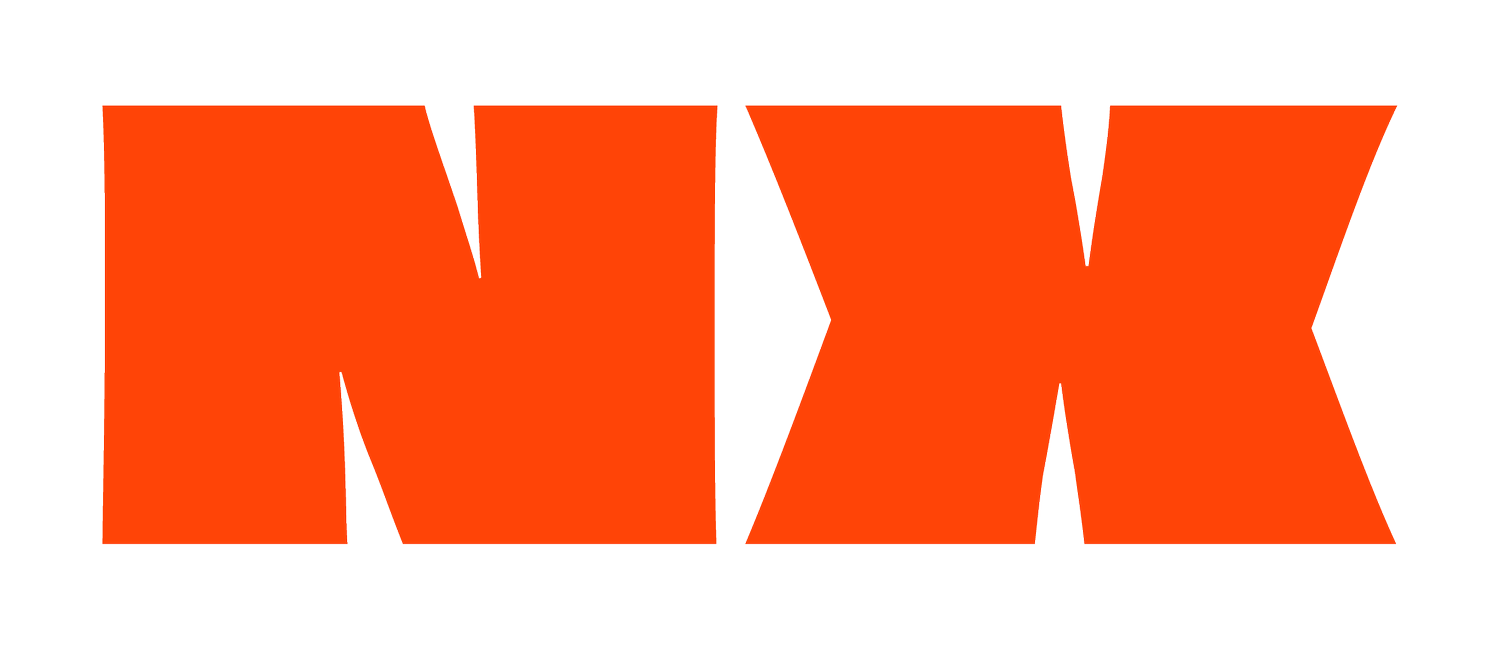Remote Work Isn’t Broken - Your Hiring Is
Remote work isn’t failing. Your hiring is.
Let’s get one thing straight: remote work isn’t broken. It isn’t killing productivity, it isn’t wrecking culture, and it isn’t secretly turning your team into pajama-wearing Slack ghosts.
What’s broken is how you hire.
Too many companies are still blaming “the remote setup” for poor performance, when the actual problem is painfully simple: you hired people who were never cut out to thrive remotely.
Why some people simply can’t do remote work
Here’s the uncomfortable truth: not everyone can hack it in a remote-first world.
Some people thrive when they’ve got full control of their day, freedom from the commute, and nobody breathing over their shoulder. Others… well, they flounder. Without accountability baked into their environment, they slip into missed deadlines, lost focus, and low productivity.
Remote success comes down to skills like:
Accountability - staying on track without constant oversight.
Time management - knowing the difference between “busy” and “productive.”
Adaptability - rolling with new tools, processes, and priorities.
Communication - keeping teams aligned across multiple channels.
These aren’t skills you’ll see on a CV. They don’t show up in traditional interviews either. But they absolutely make or break whether someone thrives (or crashes) in a remote setup.
The numbers don’t lie (but CVs do)
At Neuroworx, we’ve tested over five million candidates for the skills that drive remote success. The data is blunt:
41% of workers struggle with time management. They look busy on calls but rarely deliver outcomes.
34% can’t adapt to change - a disaster when remote life demands constant flexibility.
Only 54% communicate clearly enough to collaborate effectively.
That means if you’re hiring based on experience alone, there’s a 50/50 chance you’re bringing in someone who will sink your remote team.
Remote work exposes accountability gaps
Remote work doesn’t create accountability issues. It reveals them.
When someone’s accountability score is low, you see it instantly: missed deadlines, stalled projects, frustrated coworkers. It’s not the remote model’s fault - it’s a hiring error.
Our data shows that 38% of clients had to re-hire a remote role within 12 months because the person underperformed. That’s time, money, and morale you don’t get back.
Why gut instinct hiring doesn’t cut it anymore
Here’s the trap: most hiring still relies on CVs and “culture fit” interviews. Both are deeply flawed for remote roles.
CVs are biased, inflated, and rarely reveal whether someone can self-manage.
Interviews reward confidence, not capability. Anyone can “talk accountable” for 45 minutes. Living it daily is another matter.
This is why traditional hiring leads to disengaged, underperforming teams - and why leaders mistakenly blame “remote” instead of their own process.
Skills-based hiring fixes the problem
The good news: remote readiness can be measured.
We built a suite of scientifically designed pre-interview assessments - including a dedicated Remote Work Test grounded in the HEXACO personality model. Instead of guessing, you get data on whether someone can:
Manage their time effectively.
Stay accountable without a manager breathing down their neck.
Adapt to shifting tools, expectations, and workflows.
Communicate clearly across distributed teams.
Companies that hire this way see real results. In fact, engaged teams are 21% more productive when hiring is data-driven.
Remote isn’t the enemy. Lazy hiring is.
If your team is struggling remotely, don’t blame Slack, Zoom, or the “new way of working.” Look at your hiring.
Remote work isn’t broken. Your process is.
Stop rolling the dice on CVs. Start testing the skills that actually drive remote success.
